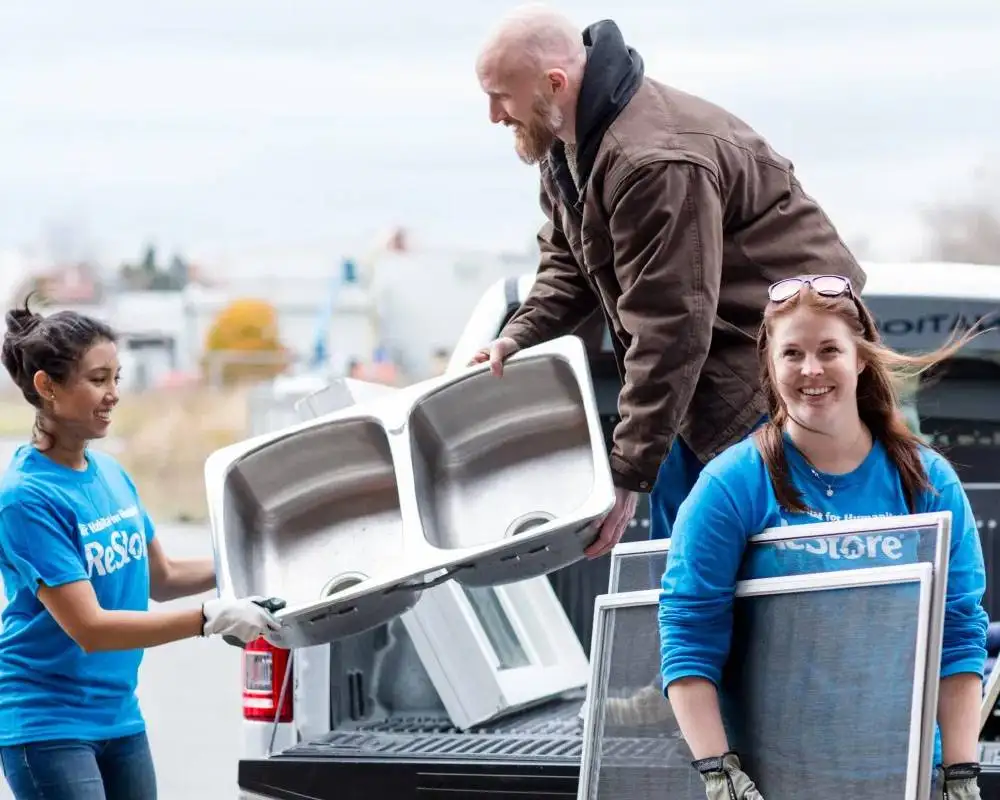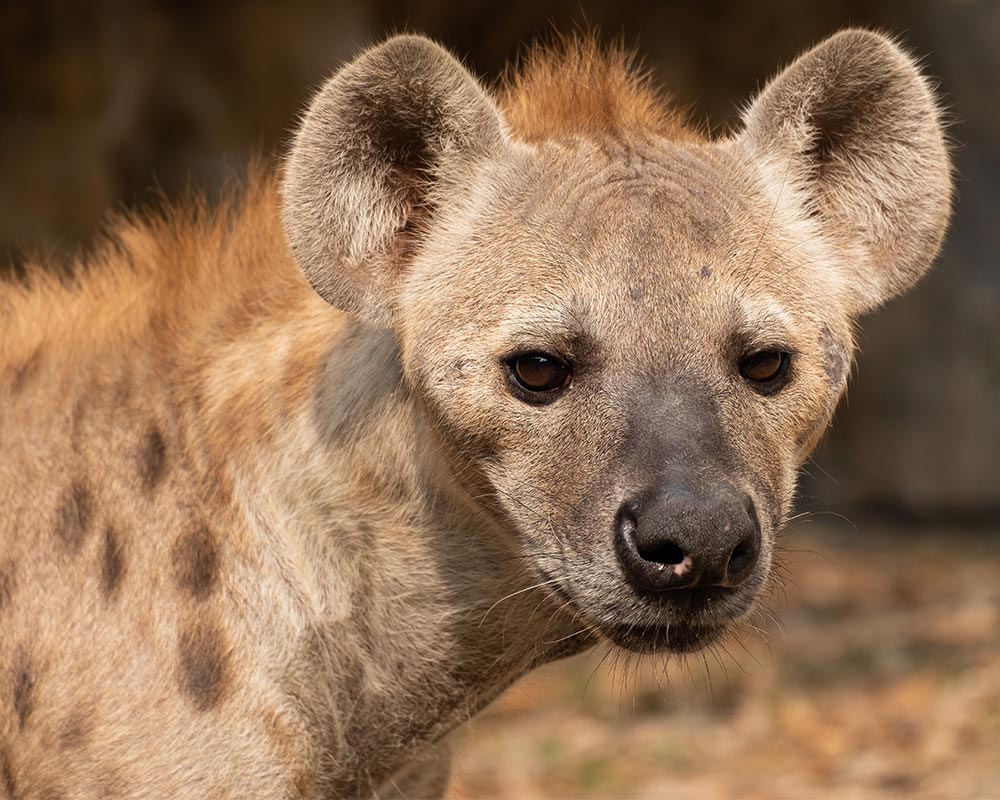A special someone has arrived at Summerfield Zoo and love is in the air.
A one-year-old female spotted hyena recently moved in as a companion for Banzai, who came to the zoo about five years ago when he was a youngster. So far, the two are getting along famously.
“It’s always a little nerve-wracking at first when you put two large carnivores together,” says Rick Anderson, who owns the zoo with wife Tammy. “The spotted hyena is the largest and most aggressive of its breed. But it’s been going very well. They’re getting along well and Banzai seems really happy to have her here.”
A native of Africa, the spotted hyena is black when it’s very young and changes color over time. The new arrival’s name will be chosen by visitors to the zoo.
Located at 3088 Flora Road in Belvidere, Summerfield Zoo is home to about 200 animals. They include mountain lions, zebras, lemurs, alligators, giant tortoises, wolves, reindeer, monkeys and more, many rescued from homes or from zoos no longer in operation.
A resident celebrity at the zoo is Flash the two-toed sloth, who regularly appears in animal encounter talks presented by staff members. Visitors are allowed to touch and hand-feed the sleepy-eyed South American native.
“I can’t tell you exactly why, but Flash is incredibly popular, and people come from Chicago and other distances to meet him,” says Anderson.
The zoo takes up about 13 acres of the 120-acre farm owned by the couple. The Andersons also raise Arabian horses and welcomed three foals this spring. A fourth is due any day now.
Other new babies born at the zoo this spring include a North American porcupine and a tamandua, which is a smaller cousin of the anteater. And, of course, there are baby goats. People of all ages love to bottle-feed these cuties at Summerfield Zoo.
“We take pride in offering up-close and personal animal experiences that you can’t always find at larger zoos,” says Rick.
The Andersons are constantly working to improve amenities for their residents.
“We just finished building a larger habitat for the wolves and now we’re working on getting it ‘decorated’ – adding trees and a water feature,” says Rick.
Construction recently began on a larger otter pond. The playful aquatic mammals are especially entertaining for visitors to observe.
The Andersons believe all zoos play an important role in educating people about how they can help animal species to survive.
“I hope people will learn to understand that species of animals become endangered because of what people are doing to the earth,” says Tammy. “People get a greater appreciation for wildlife when they see them in person and our hope is that some will be inspired to go into careers to care for and protect animals.”
Adds Rick, “People learn to love and respect wildlife when they see animals up close, learn about their habits and lifestyles, and their role in the world. People get a totally different idea about animals when they see them in person and hold them.”
Caring for the animals and making sure the tropical species stay warm and cozy all winter long is expensive.
“The sloth enclosure, for example, needs to be kept at 85 to 87 degrees year-round,” says Rick. “We have some big heating bills.”
Summerfield Zoo is supported entirely by donations, admission fees and gift shop purchases. It receives no government funding. The zoo welcomes volunteers. During summer, college science students work as interns.
The zoo is open Wednesday to Sunday in summer and weekends-only from Aug. 12 to Oct. 2. Summer hours are Wed. to Fri. 9 a.m. to 3 p.m.; Sat. 10 a.m. to 5 p.m.; and Sun. 10 a.m. to 4 p.m. The zoo briefly re-opens again in winter for the Christmas season.
“After all, we have reindeer,” says Rick.
Learn more at Summerfieldfarmandzoo.com. ❚
















